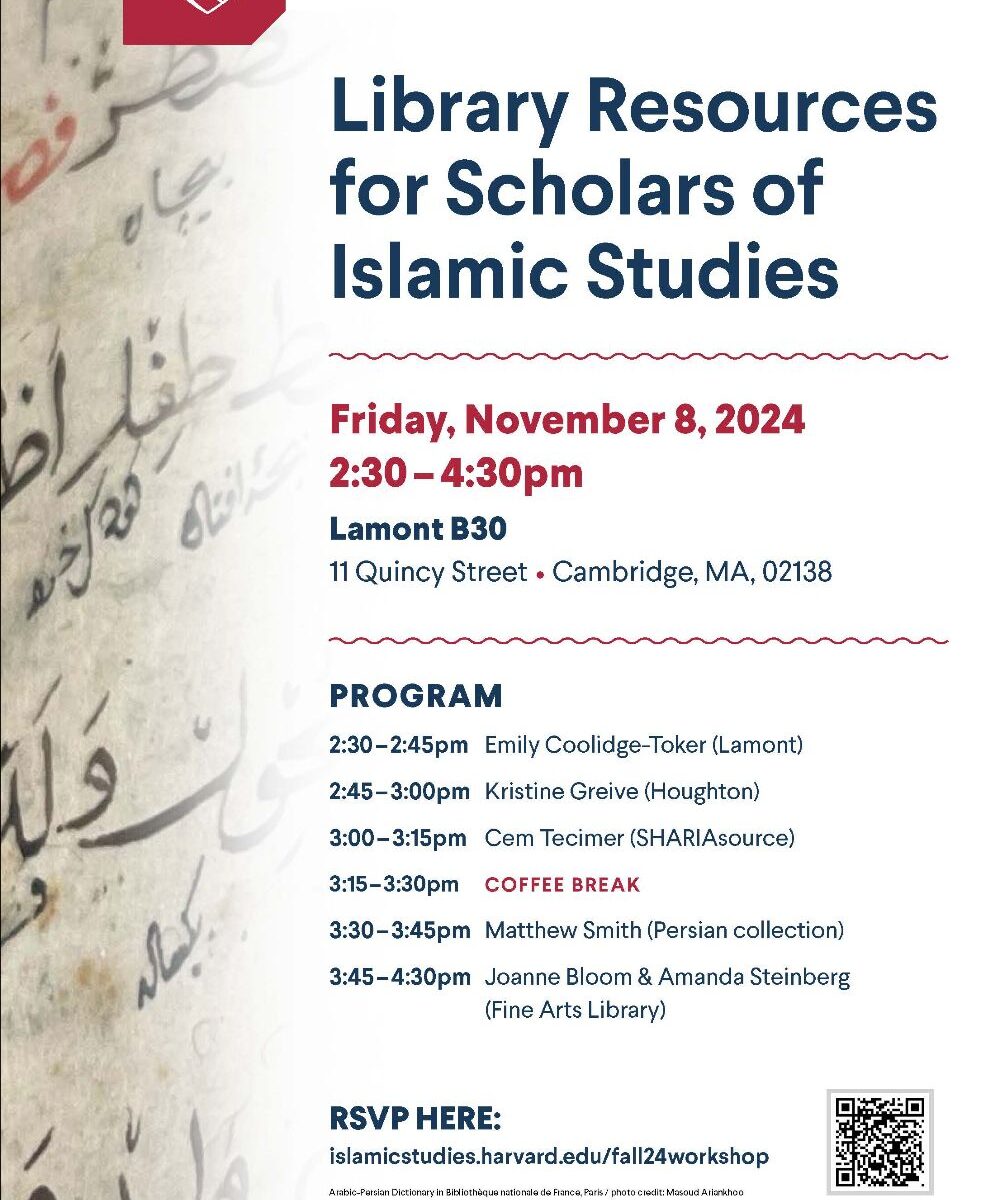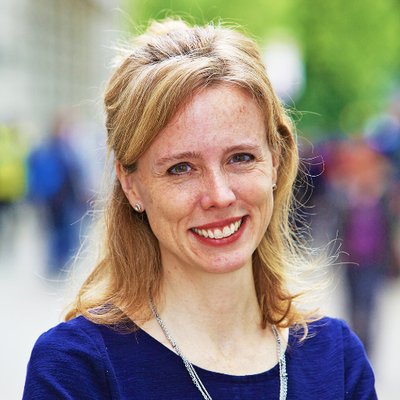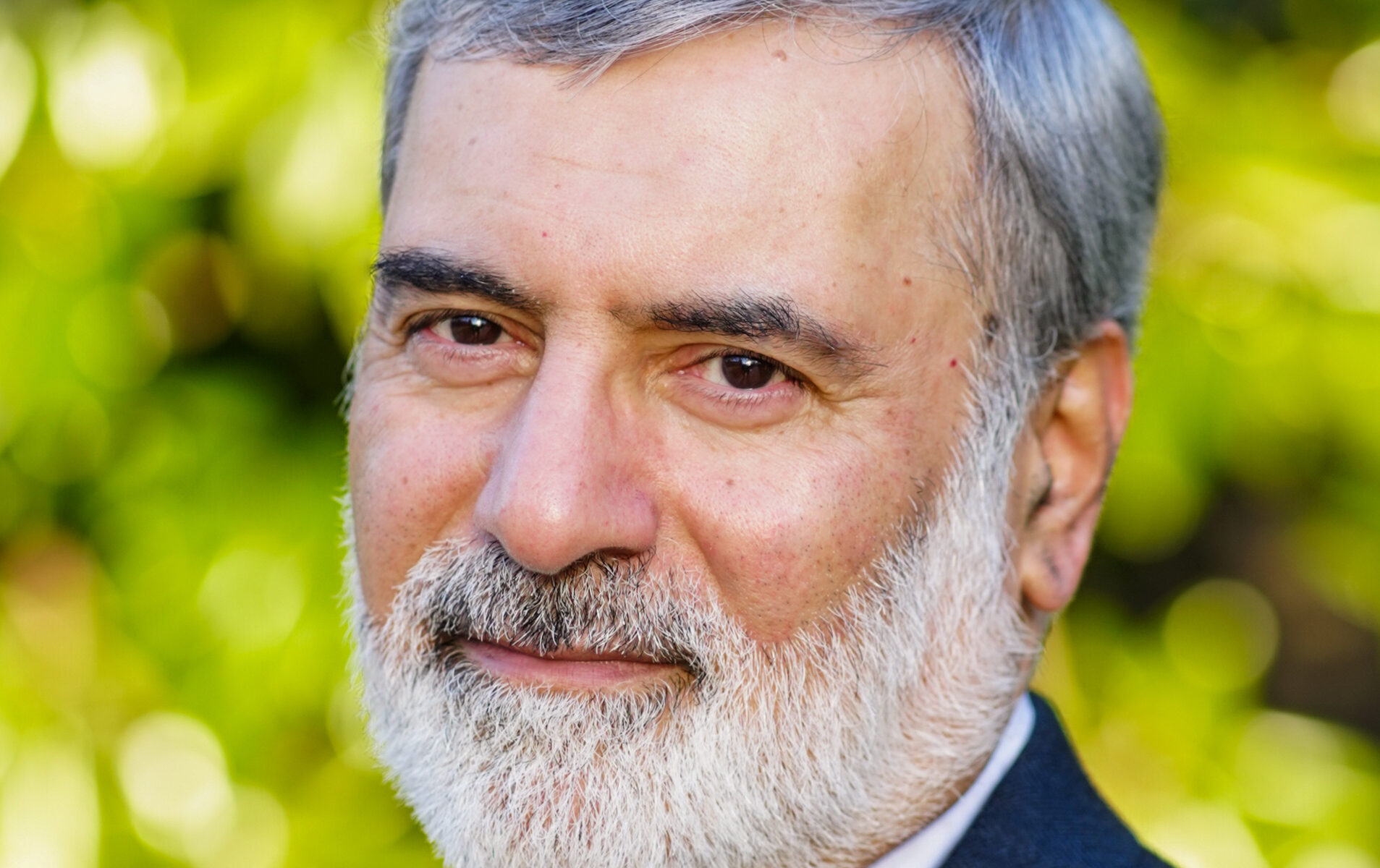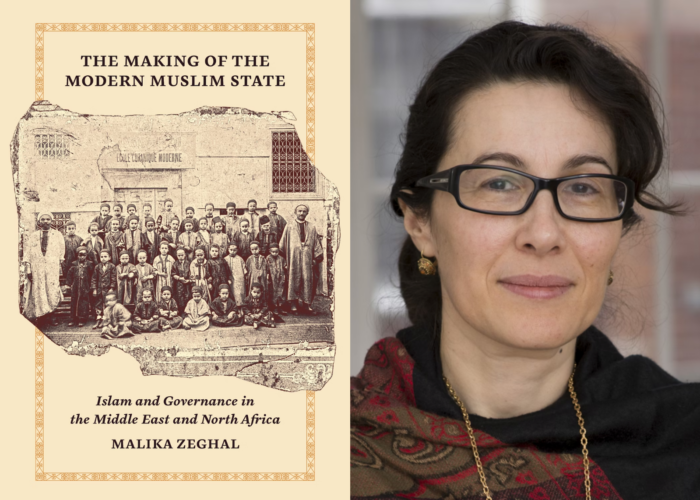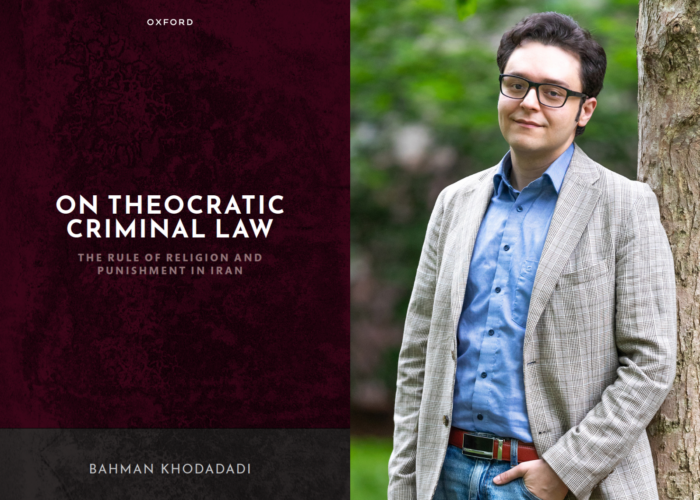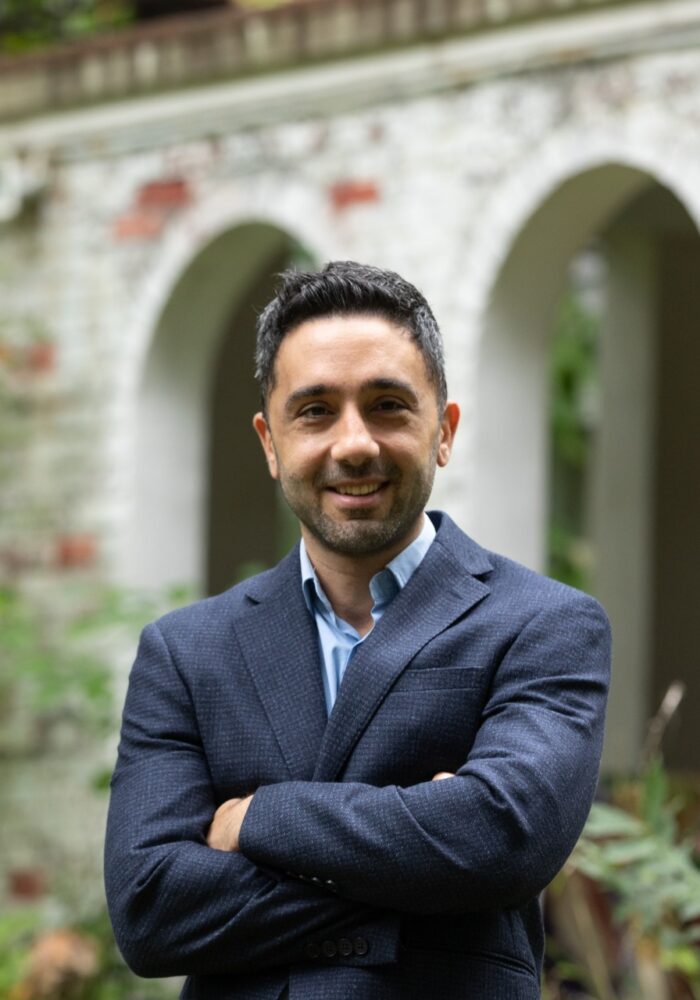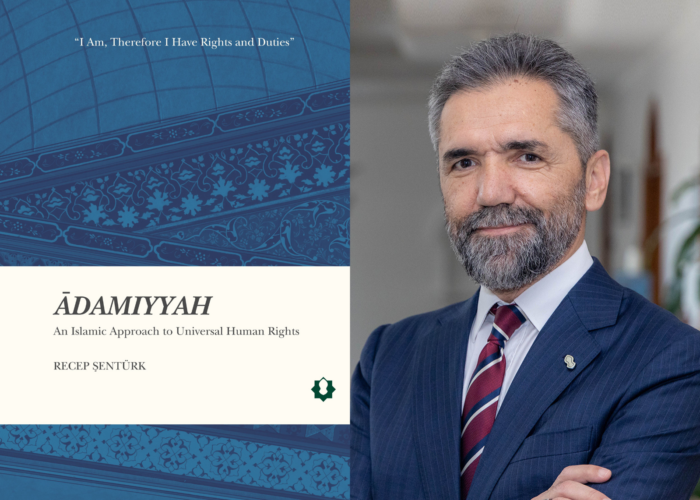ILSS: Youssef Belal (United Nations), “Thinking the World with Islamic Knowledges”
Posted on September 23, 2025
On Tuesday, November 11, 2025, at 12:30-1:30PM US EST via Zoom, Youssef Belal (United Nations) will present “Thinking the World with Islamic Knowledges” from his book The Life of Shari’a: A Comparative Anthropology of Law (University of California Press, 2025). Is there a way to think about contemporary life with knowledge that is neither modern nor Western? Rather than confining Islam to a “religion” and sharīʿa to its “law,” Belal argues that Islamic shariʿa is a mode of knowledge with its own concepts and scholarly categories through which the world and the self are grasped. The Life of Sharīʿa considers two intertwined lineages: how Islamic scholars have formulated sharīʿa knowledge from the classical period to today and how Westerners have understood the law and its origins. By melding these two traditions, Belal formulates a new genealogy of modern law from the perspective of sharīʿa. Through a new conceptualization of sharīʿa, he offers an argument for its continued relevance to the life of contemporary Muslims. Registration is required.




